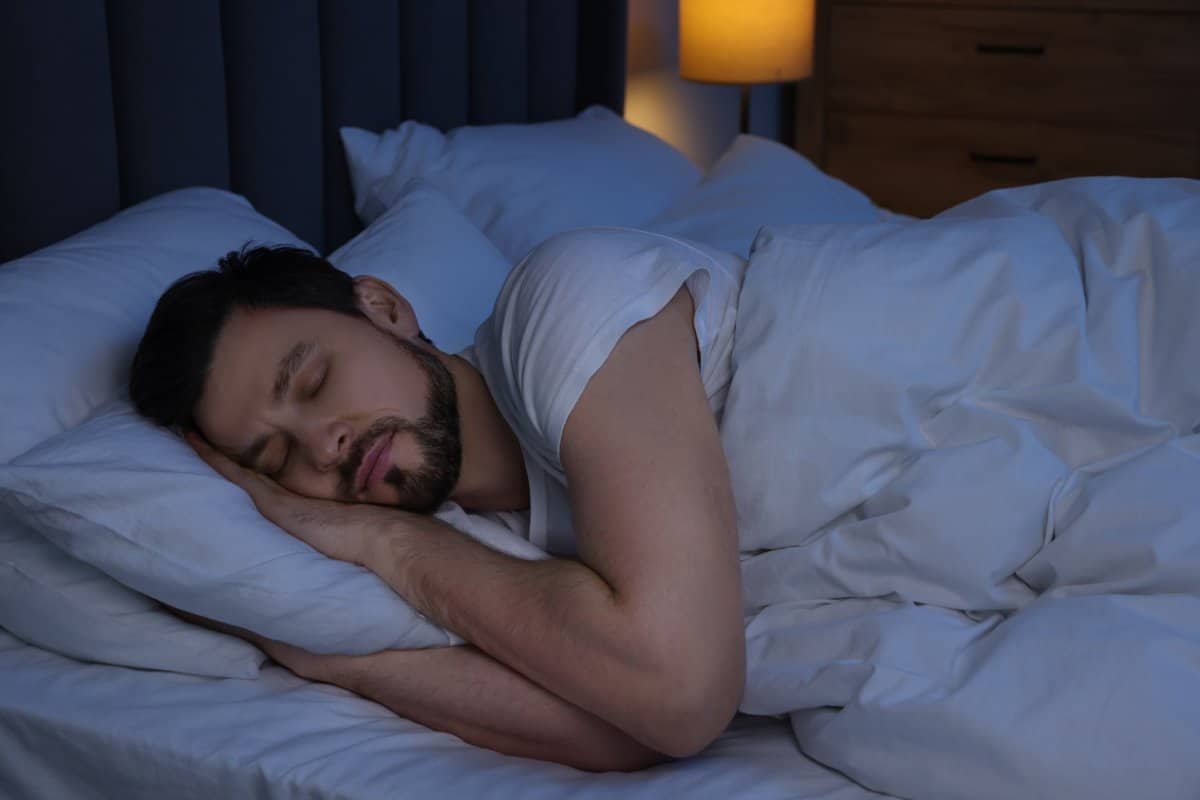Some men get nervous sweats, they become clammy, and their thoughts become clouded with anxiety before engaging in sexual activity, especially if it’s a new partner. Some label it as stage fright, some call it nervousness, and some call its low confidence. But all of these factors lie under one umbrella: Performance Anxiety.
Many people do truly deny the very existence of this commonly observed phenomenon, performance anxiety, calling it a myth. But, a myth, it is not.
So, why do people dismiss performance anxiety?
It might be that they are reluctant to admit that such a thing can ever happen to someone, let alone themselves, in such situations. Performance anxiety can often be seen as a form of ‘weakness’ in men, which shouldn’t be the case.
Some of the common myths about performance anxiety generally observed as of today are:
- It isn’t a real illness
- It will go away on its own
- It is not common
- It does not need therapy and
- It is the same as being shy
Before moving forward, let’s break the stereotype right here and simply state that performance anxiety is real. There is so much research and facts that solidify the existence of this behavior and where it occurs more often.
Breaking Down The Experience
Let’s suppose you are going to engage in an intimate moment with your partner, maybe you’re trying out something new to spice up your sex life. However, the thought of doing it makes you jittery and makes you anxious. This in turn could lead you to erectile dysfunction (ED) or premature ejaculation (PE).
Performance anxiety can affect many different areas of your sex life and even lead you to associate negative thoughts around sex. Due to this you might avoid intimacy altogether with your partner or be nervous to try new things.
People, under pressure, fixate on their scheduled activity in a way that is not productive. It is normal in a highly practiced activity or performance. The brain activity in the prefrontal cortex is significant in making a decision that is subdued. This would allow the brain circuits that are responsible for a routine to perform the tasks unhindered.
Now, when performance anxiety occurs, the prefrontal cortex begins interfering with the activity in the brain circuits. Due to this, a person fumbles and panics under pressure.
Symptoms of Performance Anxiety
If you get the following symptoms before performing sexually, then chances are you might be suffering from Performance Anxiety.
- Lisping or stammering
- Panicking
- Low blood sugar
- Fatigue
- Racing pulse
- Rapid breathing
- Dry mouth and tight throat
- Trembling hands, knees, lips, and voice
- Resting heart rate
- Sweaty and cold hands
- Nausea and an uneasy feeling in the stomach
- Even vision changes are a symptom of performance anxiety
To come to the crux of it, it all happens when you are not able to perform or to be accurate, you are not sure if you would be able to perform or not.
As we have discussed the aspect of stress and anxiety briefly, the act of avoiding your fears and ignoring your vulnerabilities, not accepting yourself for who you are, and feeling like you have to prove yourself to others is where it all starts from. All of this, in the long run, could also affect your relationship with your partner and dwindle the magic in the bedroom.
It’s not uncommon for performance anxiety to be found in the bedroom. Most individuals face this sort of anxiety while performing during sex. It causes one to overthink whether they would be able to do well in bed or not and if they would be able to satisfy their partner.
At times, the pressure to satisfy your partner can make you feel self-conscious, tense, and anxious while performing sexually. This eventually causes what is feared; erectile dysfunction (ED) and premature ejaculation (PE).
How To Get Help
Anybody can suffer from performance anxiety in the bedroom, so there’s nothing to be embarrassed about. Worrying too much about performance could increase the chances of erectile dysfunction or premature ejaculation. The first step is to accept it and understand that there are many avenues of help available so you can get back on track to lasting longer and performing your best.
You don’t have to suffer in silence, talk to your doctor. Know that this condition is very real and that there are various treatment plans to help you overcome your performance anxiety. You can feel better soon!





